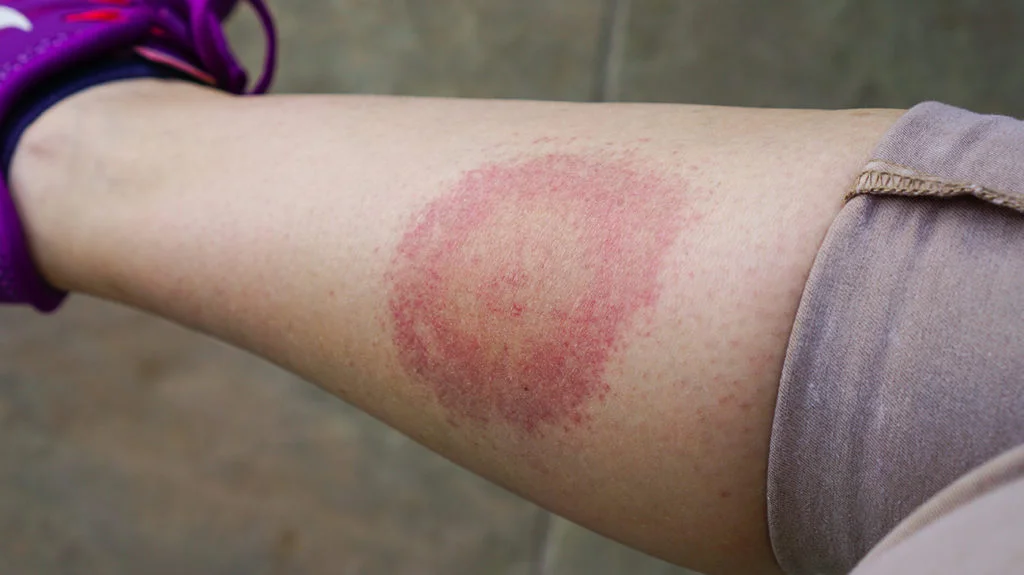Free Courses Sale ends Soon, Get It Now


Free Courses Sale ends Soon, Get It Now



Copyright infringement not intended
Picture Courtesy: https://www.medicalnewstoday.com/articles/lyme-disease-symptoms-progression-and-when-to-see-a-doctor
Context: Kerala has reported its first confirmed case of Lyme disease, a tick-borne bacterial infection, which if left untreated, can cause a range of health problems, potentially affecting the nervous system, heart, and joints.
About Lyme Disease
|
PRACTICE QUESTION Q. Which of the following are the root causes of Lyme disease? A) A virus B) A fungus C) Bacteria D) A parasite Answer: C |
© 2024 iasgyan. All right reserved